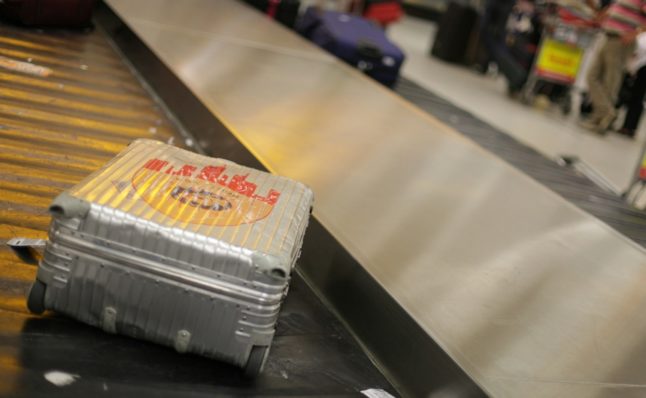Unfavourable outlook for home ownership
Prices of properties in Switzerland will continue to be out of reach of most residents, UBS Bank is forecasting.
To be able to buy a single-family house at the price it costs in Geneva (well upwards of 1 million francs), a household would need a gross income of 300,000 francs per year, the bank says.
In order to afford cheaper properties, people have been moving to the suburbs, but the growing demand in those regions has increased the prices as well.
But although the cost of properties is prohibitive for most, Thomas Veraguth, UBS’ real estate expert, said that those who have the means to purchase property, should do so now, rather than wait because ownership is still more advantageous than renting.
Pro-neutrality initiative ready for the ballot box
Arguing that neutrality must remain at the heart of Switzerland’s foreign and domestic policies, the Swiss People’s Party (SVP) submitted 132,780 signatures to the Federal Chancellery on Thursday for their initiative on preserving neutrality (100,000 are needed).
The initiative, which the populist party is launching jointly with a sovereigntist group Pro Schweiz, calls on Swiss voters to ban their government from joining foreign military alliances or imposing sanctions on other nations, as such moves violate the principle of neutrality.
Die SVP Schweiz begrüsst die Einreichung der Neutralitäts-Initiative. Die schleichende Auflösung der Neutralität ist eine Gefahr für die innere und äussere Sicherheit der Schweiz.
👉🏼 https://t.co/jQfJjWskVO pic.twitter.com/XvD0AMQscD— SVP Schweiz (@SVPch) April 11, 2024
New study shows how Swiss save their money
The Swiss Investment Survey carried out by Moneyland consumer platform found that the vast majority of respondents are conservative when it comes to placing their money, with 91 percent choosing regular accounts and 84 favouring savings accounts over riskier investments.
Next are those (64 percent) who keep their money in a third-pillar pension.
Only less than a third of respondents place their money in gold, bitcoins or other cryptocurrencies.
Those who are most risk-averse (67 percent) keep their money at home.
SWISS airline tests a new luggage-locating method
One unwritten rule of air travel is that your suitcase may not arrive at the final destination when you do.
To be able to locate lost or missing luggage, SWISS is currently asking some passengers at its Zurich airport hub to transmit data from their Bluetooth tracker, so that the airline can track their luggage.
This trial phase, conducted together with the baggage handling company Swissport, will be particularly useful in locating the baggage that has no name tags or other information to identify its owner.
If you have any questions about life in Switzerland, ideas for articles or news tips for The Local, please get in touch with us at [email protected]



 Please whitelist us to continue reading.
Please whitelist us to continue reading.
Member comments